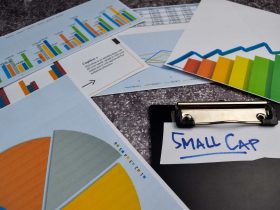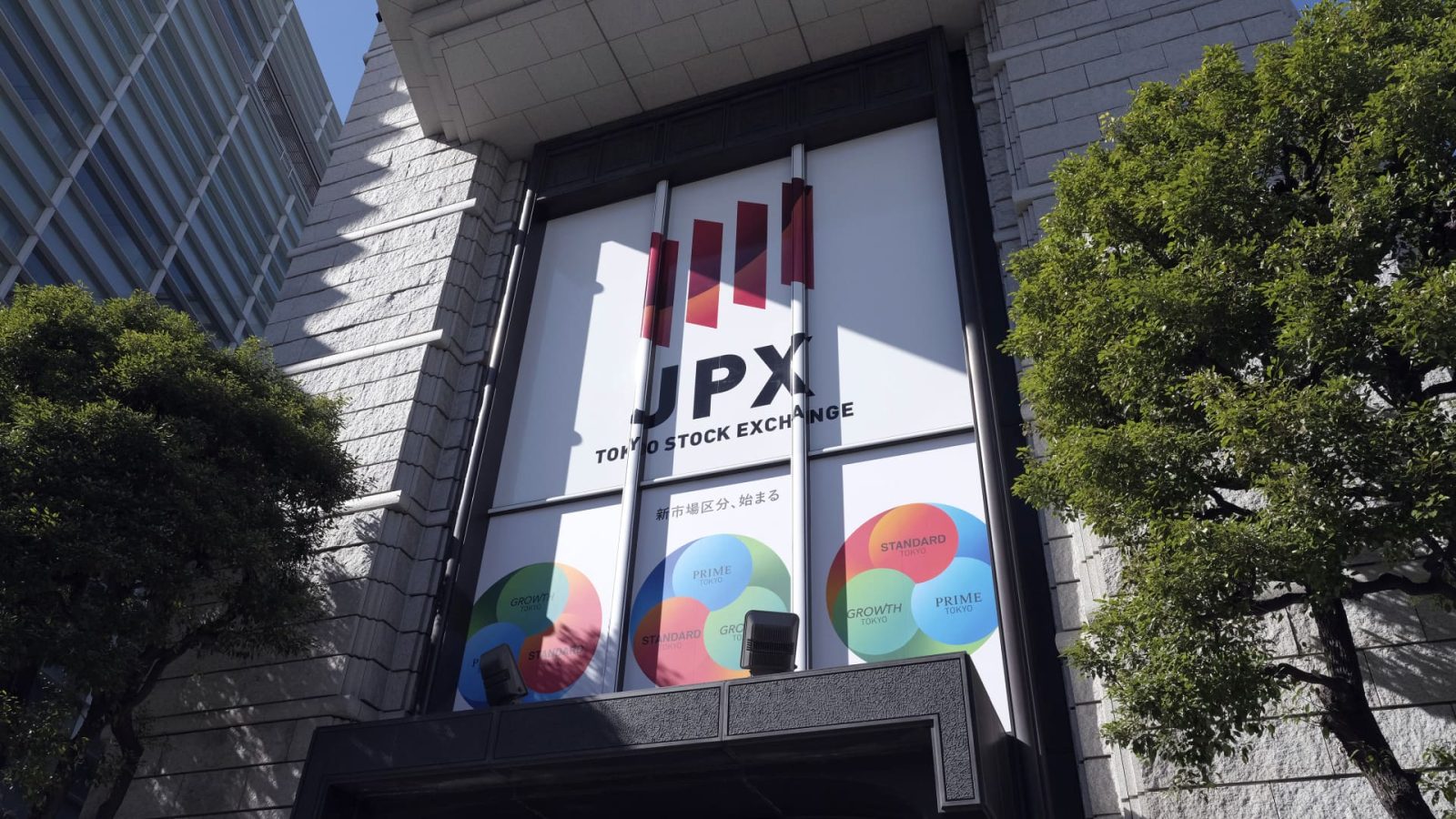Asia-Pacific markets were mixed Thursday, after comments from U.S. Federal Reserve Chair Jerome Powell indicated a rate cut in September if inflation data remained “encouraging.”
However, Japan’s Nikkei 225 tumbled 2.72%, while the broad-based Topix plunged 3.45%. The indexes were mainly dragged by losses in real estate stocks, while heavyweight exporters also saw losses as the yen strengthened.
A stronger yen hits the competitiveness of Japanese exports, while higher borrowing costs tend to hit real estate companies.
On Wednesday, the Bank of Japan raised its benchmark interest rate to “around 0.25%,” marking its highest level since 2008. The yen fell below the 150 level against the dollar late Wednesday, strengthening 0.9% and currently trading at 148.61.
The country’s finance ministry revealed that it spent 5.53 trillion yen ($36.8 billion) on foreign exchange intervention from June 27 to July 29.
Toyota reported a 12.2% rise in revenue to 11.84 trillion yen ($79.05 billion) for its first quarter and 16.7% gain in operating income, coming in 1.31 trillion yen. Net income for Toyota inched up 2.8% year on year, coming in at 1.33 trillion yen. Shares of the automaker were down 8.29%.
The Fed’s Federal Open Market Committee meeting concluded Wednesday, where it opted to hold the federal funds rate at its current level of 5.25% to 5.5%.
Powell cautioned that a rate cut is not guaranteed, though he also seemed to rule out a 50-basis-point reduction.
“I don’t want to be really specific about what we’re going to do, but that’s not something we’re thinking about right now,” he said.
Investors in Asia are also assessing business activity data from around the region in addition to the Fed comments, with July purchasing managers index data out from China, Japan and South Korea.
Australia’s S&P/ASX 200 touched new all-time highs, gaining 0.52%.
South Korea’s Kospi climbed 0.26%, while the small-cap Kosdaq was up 0.86%. Reuters reported the country’s exports rose at the fastest pace in six months in July, according to preliminary data.
South Korean exports rose 13.9% year-on-year to $57.49 billion, after a 5.1% rise the previous month. However, the figure was weaker than an 18.4% increase expected in a Reuters survey of economists.
Hong Kong’s Hang Seng index was up 0.2%, while the CSI 300 on mainland China was down marginally.
Hong Kong saw its GDP climb 3.3% year-on-year in the second quarter, beating expectations of a 2.7% rise from economists polled by Reuters.
China’s factory activity contracted in July, according to the Caixin survey done by S&P Global. The country’s manufacturing PMI came in at 49.8, surprising economists polled by Reuters which expected an expansionary figure of 51.5.
A PMI above 50 indicates an expansion in the sector, and vice versa.
Overnight in the U.S., stocks rallied after the Federal Reserve kept interest rates unchanged, as expected, while traders also poured back into megacap tech names.
The S&P 500 jumped 1.58% to close at 5,522.30, while the Nasdaq Composite popped 2.64% to 17,599.40. It was the best session since February for both indexes.
The Dow Jones Industrial Average added 99.46 points, or 0.24%.
—CNBC’s Pia Singh, Alex Harring and Samantha Subin contributed to this report.
Read the full article here










Leave a Reply